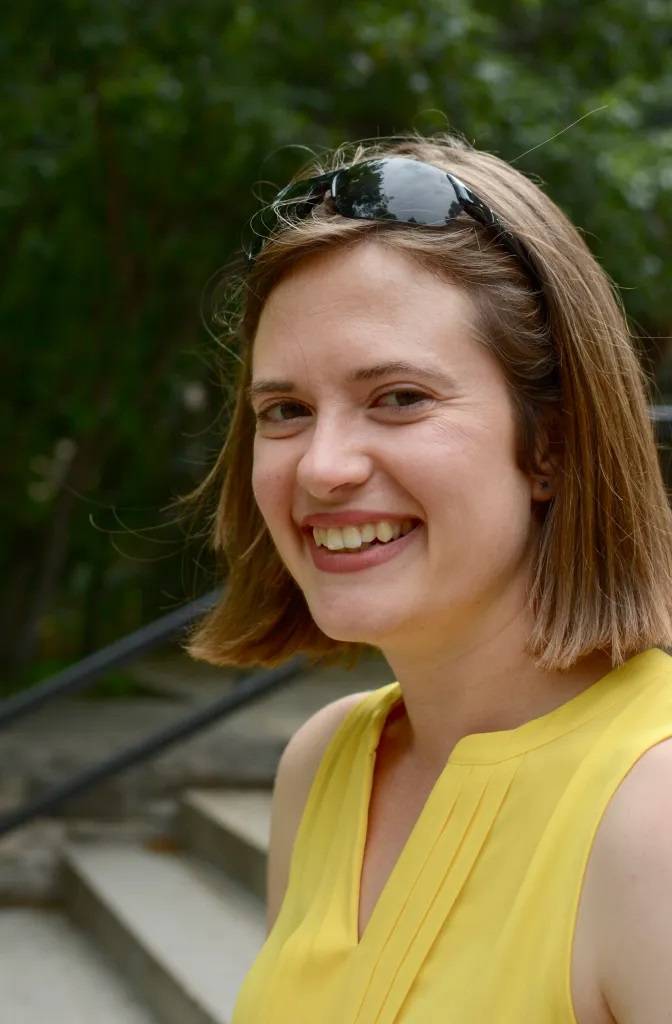Risk, Oil Communities and West Texas Booms
Dr. Sarah Stanford-McIntyre
Tuesday, February 15, 2022
2:00 pm
Online via Zoom
Dr. Sarah Stanford-McIntyre
Tuesday, February 15, 2022
2:00 pm
Online via Zoom
Sarah Stanford Mcintyre, labor historian and co-director of the Engineering, Ethics and Society Certificate at the Herbst School of Engineering, UC Boulder, shares how people in West Texas communities, since the 20s, managed the risks of growth, pollution and regulation as the region became a global center of petroleum extraction and a financial hub for the Southwest. Dr. Stanford-McIntyre researches how technology shapes communities, builds social worlds, and changes environments. Her book, Natural Risk: An Environmental History of West Texas Oil and the Rise of Sunbelt Texas (Columbia University Press), examines how oil workers in the West Texas Permian Basin responded to industry hazards. She uses this analysis to track an environmental history of Texas economic development and industrial deregulation. Throughout many of her projects, she applies digital mapping and computing capabilities to humanities research. Her digital work uses mapping softwares and data visualization tools to track the long-term economic, social, and environmental impact of the energy industries.
 Dr. Sarah Stanford-McIntyre researches how technology shapes communities, builds social worlds, and changes environments. Her book project, Natural Risk: An Environmental History of West Texas Oil and the Rise of Sunbelt Texas (Columbia University Press), examines how oil workers in the West Texas Permian Basin responded to industry hazards. She uses this analysis to track an environmental history of Texas economic development and industrial deregulation. She is co-editor for the edited volume, American Energy Cinema (West Virginia University Press, Under Contract), which historicizes depictions of the energy industries in American film. She has also published on a variety of topics including grain elevator disasters and agricultural rebellion, the role of women in oil industry labor battles, secretarial work and the rise of early computing in geophysics, the New Deal and central Texas hydroelectric projects, and the economic history of Texas wind energy production. She is beginning a second book project on renewable energy development in the US Southwest. Throughout these projects, she applies digital mapping and computing capabilities to humanities research. Her digital work uses mapping softwares and data visualization tools to track the long-term economic, social, and environmental impact of the energy industries. This work can be found on her personal website.
Dr. Sarah Stanford-McIntyre researches how technology shapes communities, builds social worlds, and changes environments. Her book project, Natural Risk: An Environmental History of West Texas Oil and the Rise of Sunbelt Texas (Columbia University Press), examines how oil workers in the West Texas Permian Basin responded to industry hazards. She uses this analysis to track an environmental history of Texas economic development and industrial deregulation. She is co-editor for the edited volume, American Energy Cinema (West Virginia University Press, Under Contract), which historicizes depictions of the energy industries in American film. She has also published on a variety of topics including grain elevator disasters and agricultural rebellion, the role of women in oil industry labor battles, secretarial work and the rise of early computing in geophysics, the New Deal and central Texas hydroelectric projects, and the economic history of Texas wind energy production. She is beginning a second book project on renewable energy development in the US Southwest. Throughout these projects, she applies digital mapping and computing capabilities to humanities research. Her digital work uses mapping softwares and data visualization tools to track the long-term economic, social, and environmental impact of the energy industries. This work can be found on her personal website.
In the classroom, she works to contextualize current debates about the ethical and social implications of technological development and environmental change. While contemporary conversations about issues such as the changing global economy, climate change, and environmental stewardship are often heated, such conversations are also very old. In her courses students read extensively from primary source documents that demonstrate just how much we can learn much from the past as we move forward. Engineers are builders and problem solvers. Deep appreciation for the broader impact of their solutions will help to create a more just and equitable world.
Sarah Stanford-Mcintyre is co-director of the Engineering, Ethics, & Society Certificate Program at the University of Colorado Boulder.